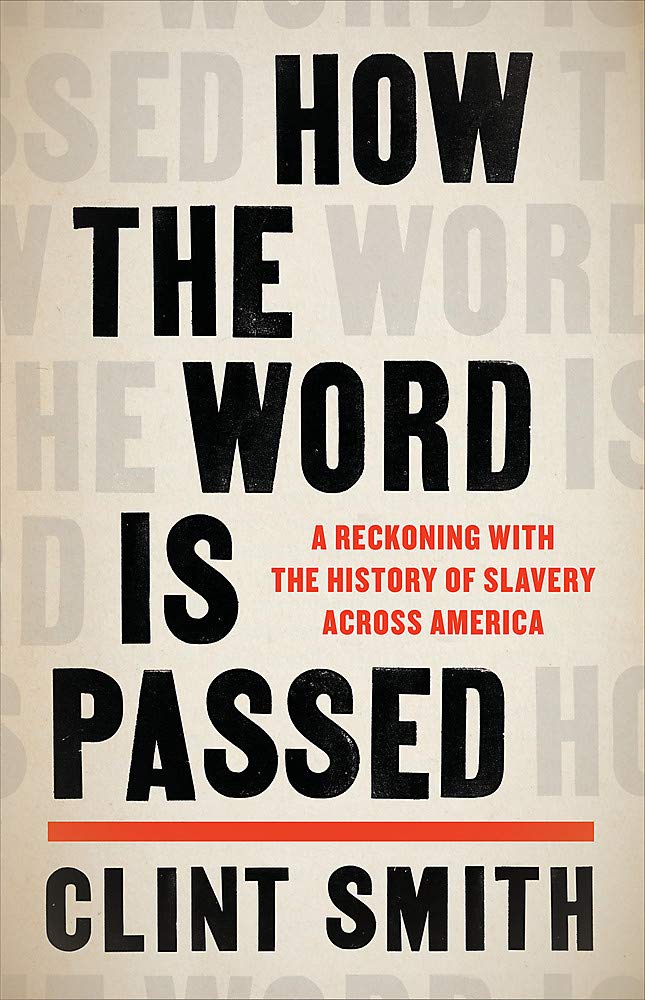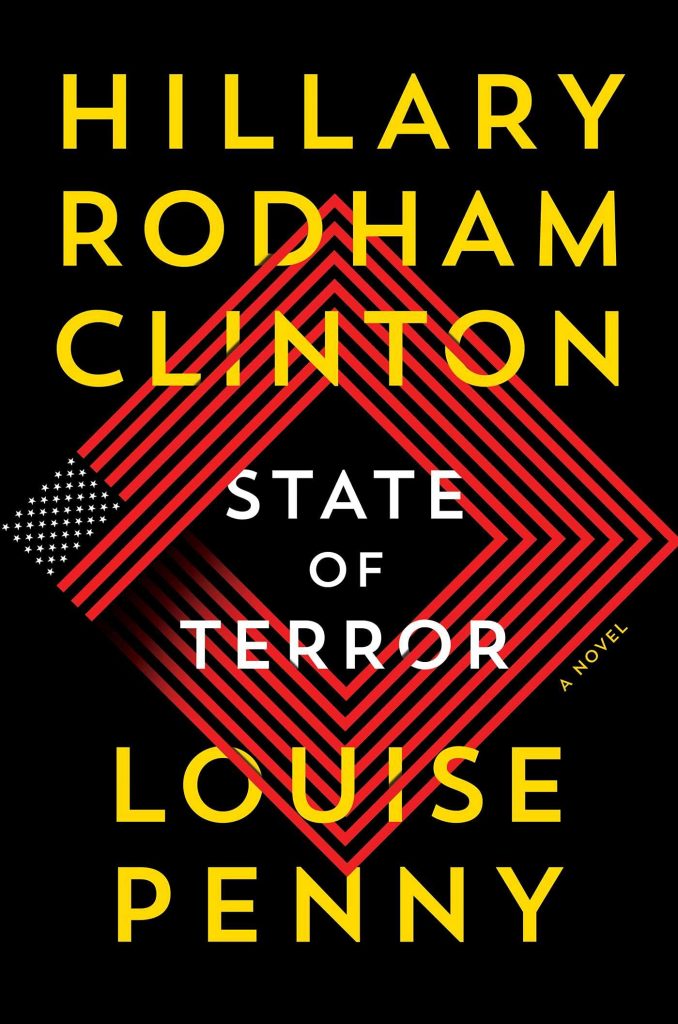
Clint Smith educates white Americans who likely never learned the true extent and depth of slavery in the foundation and enduring legacy of the country. He does so, however, with poetic passages rather than a two-by-four across the side of your head. He applies the same gentle approach as he makes clear that never in America’s history – today included – has a Black person ever felt complete freedom. Skin color defines every interaction on the street, in a store, at a bank, during an interview, or in front of a jury. Consider for even sixty seconds, the strain that must induce.
Using the same understated approach, while visiting seven important landmarks in the history of enslavement, Smith establishes that there never was, nor could have been, such a thing as acceptable or benevolent enslavement of other human beings, despite numerous enduring attempts to suggest otherwise. If enslavement as it was practiced in America cannot be justified by any rational or compassionate human, how, asks Smith can any veneration of The Lost Cause, Confederate Soldiers (and their reenactors), so-called defense of state’s rights, or idolization of Confederate leaders be tolerated? Wasn’t every Confederate, in essence, a subversive fighting to overthrow the rule of law. Wasn’t the Civil War fundamentally an armed insurrection in defense of the right to hold other human beings in conditions to which they could be flogged, starved, detached from their families, or worked to death?
At his best, Smith interviews white tour guides at Monticello (working to teach anti-Racist history) and white Daughters and Sons of the Confederacy and does so without malice or confrontation, an act of noble restraint. He reminds each person he speaks with, however, what it has meant to him to grow up in a country that has never taught him, or itself, about its true history.

